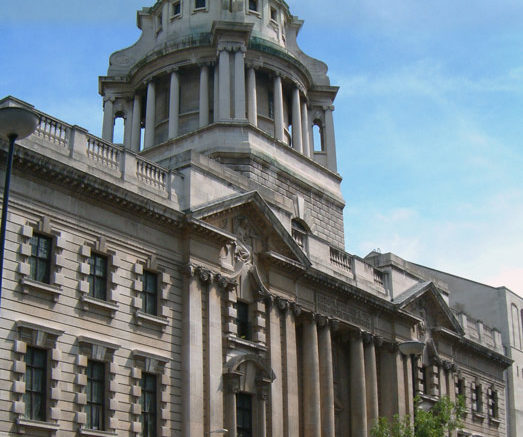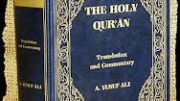There has been some astonishment on social media today over the acquittal of an Uber driver on terrorism charges. People are suggesting all sorts of reasons why this might have occurred, especially as the incident outside Buckingham Palace was well witnessed and may have looked to many people as if it was a terror attack.
Unfortunately we cannot as members of the public see inside either the jury room or peek inside the jurors heads. We do not know whether or not there was as some are claiming some bias on the part of the jury or if was just a case of the Crown not putting a strong enough case that this was terrorism. My view, and it is only speculation as I was not in the courtroom let alone in the jury room, is that the jury may have come to the conclusion that the defendant was more likely to be unbalanced mentally rather than being a full on terrorist. The defence case seems to have been based on the claim that the defendant, Mohiussunnath Chowdhury, 27 of Luton, was trying to commit ‘suicide by cop’. It may well be this explanation that was more convincing to the jury than the terrorist explanation.
What seems reasonably sure to me is that the jury did not make up their minds about this case on a whim. They deliberated about this for more than 11 hours, a considerable length of time. In addition, this is the second time that this case has come before the courts as a previous jury could not agree on a verdict and this current acquittal is the result of a retrial.
Whether this is what could be called a ‘perverse verdict’ and one that runs contrary to the evidence given or whether it is merely a case of the Crown not being able to prove terrorism beyond reasonable doubt, may well end up as a matter for debate. However, legally at least, Chowdhury leaves the court without as the old saying goes ‘a stain on their character’.
Sometimes the Crown wins a case and sometimes, as in this instance they lose. Prosecution cases can collapse for all sorts of reasons but the most common one in my experience is that the jury look at the evidence presented by both sides and decide to err on the side of caution. ‘Beyond reasonable doubt’ is a very high evidential standard that the Crown may not have met in this particular instance.





